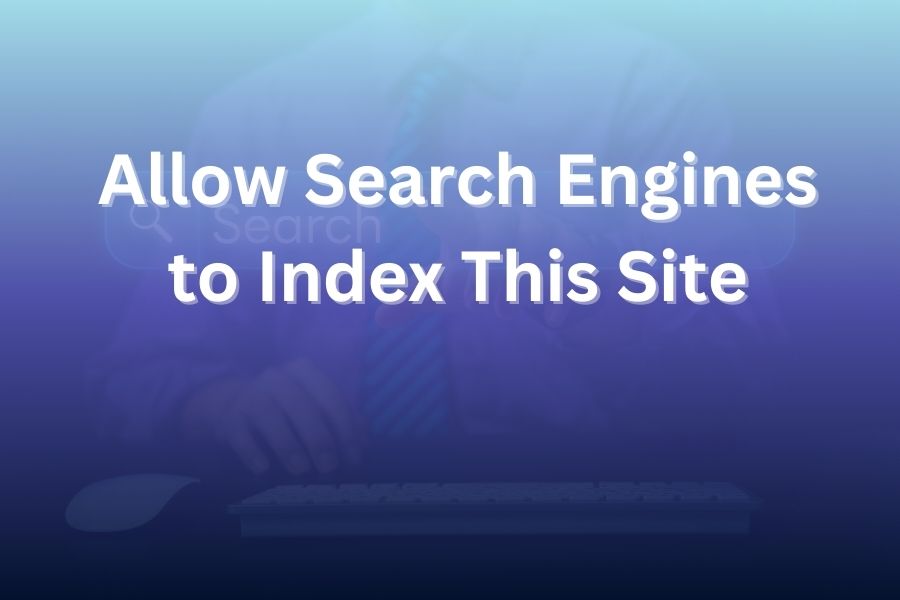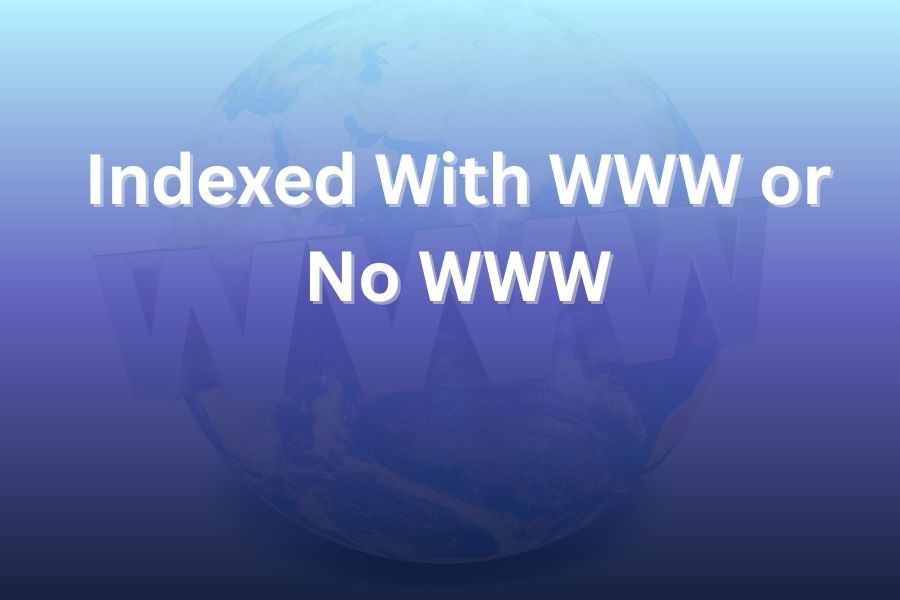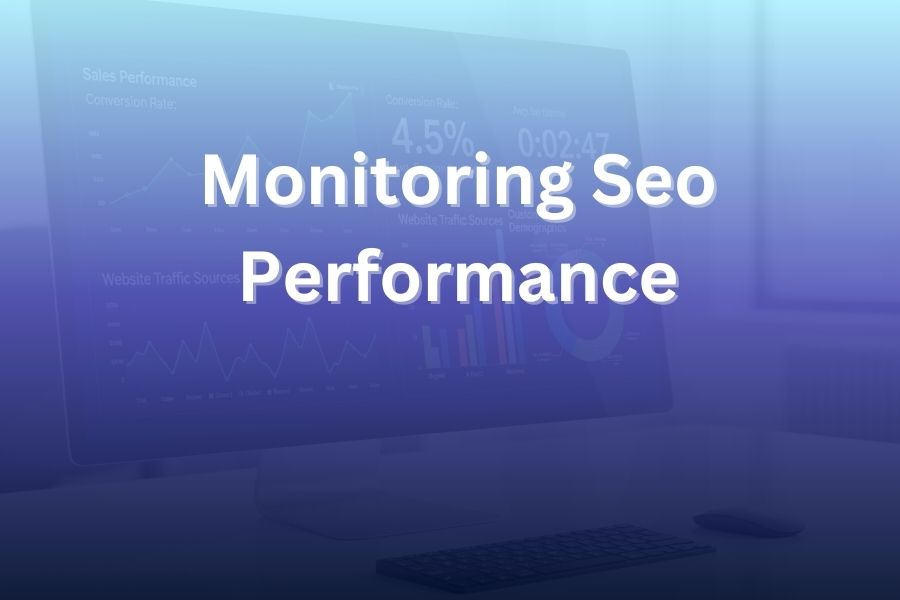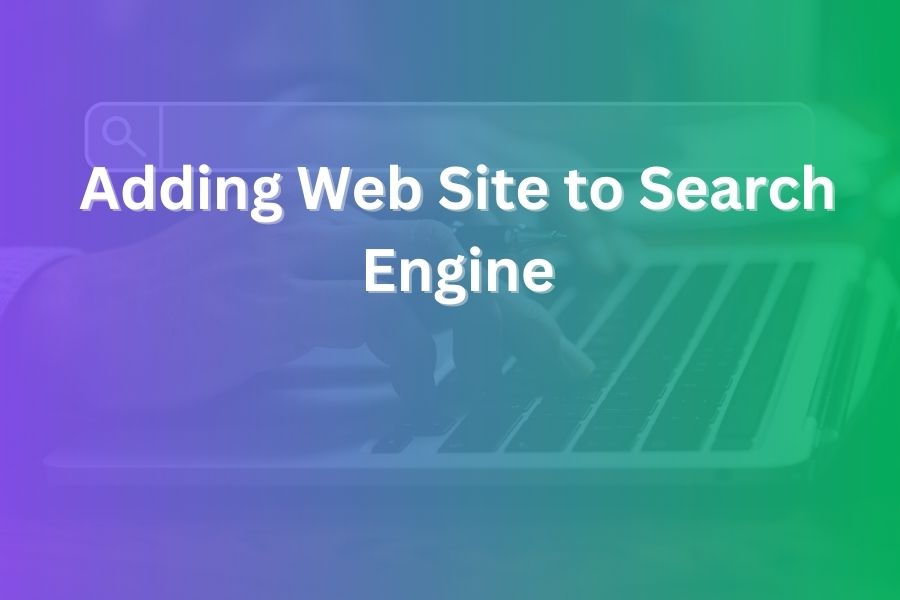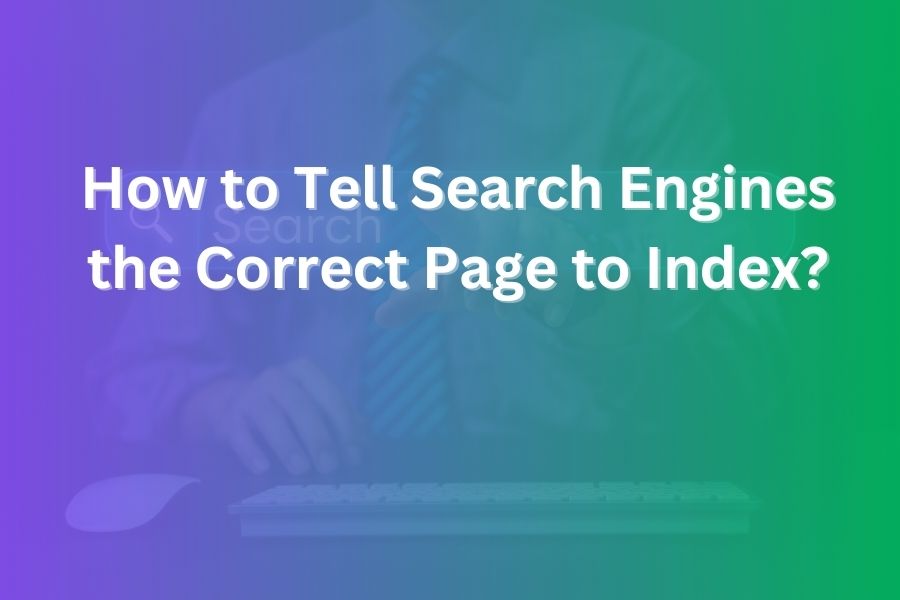
Your brand-new website is live and you’re wondering: when will Google actually index it so people can find you? The truth is, there’s no guaranteed timeframe, but there are proven timelines, practical tips, and SEO secrets you can follow to accelerate the process.
In this article you will learn how indexing works, how long it typically takes, what affects the timing, and what you can do right now to get your site indexed faster.
What Does “Indexing” Really Mean?
When Google discovers your website, it doesn’t instantly blast it into search results. First it crawls the site, then processes the content, and finally decides whether to include the pages in its index. Only indexed pages are eligible to appear in search results. So if you’re asking, “When will Google index my website?”, understand that indexing is the key first step.
Crawling means Google’s bots follow links to your pages. Processing means they understand what your pages are about (text, images, code, structure). Indexing means those pages are stored in Google’s database. If any step fails—due to technical errors, blocking rules, poor structure—your pages may remain unindexed indefinitely.
Typical Timeline for Google Indexing Your Website
Because there are many variables, timelines vary. For a new website, many SEO experts observe:
- In many cases, indexing happens within a few days to a week or two for smaller sites.
- Realistic estimate: 4 days to 4 weeks for first indexing of a new domain.
- Some newer or poorly structured sites may take several weeks or even months.
- For established sites adding new content, sometimes indexing occurs in a few hours to a couple of days.
So if your site goes live today, expect to wait anywhere from a few days up to a month to see your initial pages show up in Google’s index—given best practices are followed.
Factors That Impact How Quickly Google Indexes Your Site
Many things influence how fast Google will index your site. Here are the key factors:
- Site Authority & Domain History: Older, established domains that already have a history of good content and backlinks tend to be crawled and indexed faster. Brand-new domains start with zero trust, so indexing often takes longer.
- Quality of Content & Value: Google prefers content that helps users—unique, relevant, well-written, and easy to understand. Thin, duplicate or low‐value pages may not get indexed quickly, or may be skipped.
- Technical Setup & Site Structure: Clear navigation, an XML sitemap, proper internal linking, no broken pages or “noindex” tags, mobile responsiveness, fast loading—all these technical elements help Google access and understand your site faster.
- Inbound and Internal Links: If your website is linked from other trusted sites (backlinks) or has internal links pointing to new pages, Google can discover those new pages more quickly. No links means fewer chances to be noticed.
- Crawl Budget & Update Frequency: If you update your site regularly and you have many pages, Google may allocate a higher “crawl budget” and visit more often. In contrast, a small site with rare changes may be crawled less frequently.
- Blocking Rules and Mistakes: If your robots.txt file disallows crawling, or if you inadvertently use “noindex” meta tags, Google may see your site but decide not to index it. Avoid blocking directives you don’t intend.
Step-by-Step: How to Get Google to Index Your Site Faster
Here are actionable steps you should do right now:
- Verify your site with Google Search Console and ensure you have both “www” and non-“www” versions if applicable.
- Create and submit an XML sitemap to Search Console.
- Use the URL Inspection tool in Search Console to request indexing for your homepage and key pages.
- Make sure you don’t have “noindex” meta tags or disallowed in robots.txt unless intentional.
- Ensure your pages are accessible: clear navigation, no orphan pages, internal links pointing to them.
- Publish high-quality content that answers user questions and includes relevant keywords.
- Acquire at least a few backlinks from reputable sites pointing to your new pages (natural, relevant links).
- Optimize site speed, mobile usability, security (HTTPS), and fix any technical errors.
- Update your site regularly (e.g., blog posts, new pages) so Google sees it as active.
SEO Secrets That Often Get Overlooked
Here are subtle but powerful strategies that help boost indexing and later ranking:
- Repurpose older content to link to new pages: Use your established pages to internally link to new ones—you’re essentially passing discovery signals.
- Use long-tail keywords in newer content: These face less competitive pressure and can get indexed and ranked faster, giving you early wins.
- Leverage social sharing: While social signals don’t directly impact ranking, sharing new content can trigger discovery by Google bots faster.
- Keep URL structure simple and clean: Avoid long query strings or messy parameters; cleaner URLs are understood more easily by Google.
- Monitor “Crawled – currently not indexed” in Search Console: If you see a page stuck here, it means Google saw it but decided to wait; revisit the page’s content and structure.
- Avoid launching tons of thin pages at once: Quality matters. If Google sees low-value pages, it may slow crawling of your whole site.
- Use Schema markup where relevant: Helps Google understand what your page is about and may prompt faster indexing, especially for articles, FAQs, products.
What to Do if Your Website Still Isn’t Indexed After Several Weeks
If you’ve followed all the right steps but the site still isn’t indexed after 3-4 weeks, consider the following troubleshooting:
- Verify in Search Console the coverage status: see if there are errors, disallowed pages, or other issues.
- Check for “noindex” meta tag or robots.txt rules that block crawling.
- Ensure your domain isn’t new and flagged as low-trust; sometimes you must build links and credibility over time.
- Look for duplicate content, thin content, or pages with very little substance—improve or consolidate them.
- Ensure your site is not penalized or has been hacked; clean any issues immediately.
- Consider creating a strong seed backlink from a relevant authority site to your homepage to help Google discover you.
- Be patient: some new domains take 6-8 weeks or more before showing up. Keep working on content, links, technical health.
How Indexing Relates to Ranking (and Why Indexing Doesn’t Mean #1 Immediately)
Getting indexed is just the beginning. Once Google includes your pages in the index they become eligible to appear in search results—but ranking high is a different challenge. Here’s how to think about it:
- Indexed pages = eligible to show up.
- Ranking = competition, relevance, quality, user signals, backlinks, and many other factors.
- A page might get indexed quickly and still rank poorly for some time until it builds authority.
- Ranking improvements often happen gradually over 3-6 months or more depending on your niche.
So while you want indexing soon, your real goal remains: create a strong, helpful site that ranks well and brings organic traffic.
Wrapping Up and What to Expect
When asking “When will Google index my website?” remember: there’s no fixed number of days guaranteed. But if you follow the right steps, you can usually expect indexing within a few days to a few weeks for a new website. The timeline depends on your domain’s age, content quality, technical health, links, and site structure.
Start by verifying your site in Search Console, submitting a sitemap, publishing high-quality content, and ensuring no blocking issues are present. Build links, make wise internal connections, and monitor indexing progress. Then, over time, shift your focus to ranking improvements, content growth, and authority building.
You’ve now got the timelines, tips, and SEO secrets you need to give your website the best chance at quick indexing and long-term success. Stay consistent, stay high-quality, and indexing will happen—and then your path to ranking begins.


